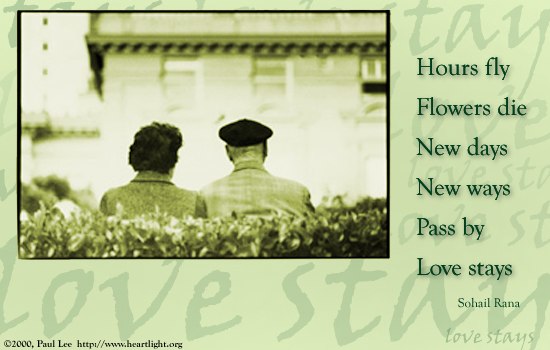
The apostle Paul wrote these words:
Love is patient, love is kind. It does not envy, it does not boast, it is not proud. It does not dishonor others, it is not self-seeking, it is not easily angered, it keeps no record of wrongs. Love does not delight in evil but rejoices with the truth. It always protects, always trusts, always hopes, always perseveres (1 Corinthians 13:4-7).
This one paragraph can be found in what many call the “love chapter” of the Bible. This small paragraph is just a small portion of a letter written to a church that struggled with just about every problem imaginable. In what seems to be his best effort to bring peace to their volatile situation, Paul wrote these words describing the one possible solution: love.
As Paul pondered the things going on in Corinth, the Spirit provided him with the words that were the opposite of what he was seeing. He saw impatience and unkindness. He saw envy, boasting, and rivalry. He saw Christians who were dishonoring other Christians. He saw people claiming to follow Jesus acting out of selfishness toward one another. He saw people becoming easily angered. He saw people claiming to know Jesus holding grudges against each other.
Paul’s words reminded them that they needed to ask themselves a very important question: “Where is the love?”
Reading these words in the context of the events of our day — violence in our communities, vitriol in our political arena, and division in our churches — we need to ask ourselves the same question: “Where is the love?”
Words of love have been sparse in our political conventions.
Although there are references to something that sometimes resembles love, we really do not hear much about it in news reports.
Many homes are filled with language expressing deep feelings, many of those feelings are expressed in language far different than the language of love.
Workplaces are commonly known for the conversations that take place during breaks, lunch hours, water cooler visits, and office parties.
However, those conversations rarely carry messages filled with the kind of love that Paul describes in these few verses on love.

Paul describes the truest love. He is writing to Christians — to those of us who claim to walk with Jesus and live like Jesus. He is encouraging us as followers of Jesus to live our lives with godly love:
- in our homes.
- in our communties.
- in our workplaces.
- in our political conversations.
- in our schools.
- in our churches.
It is not the task of politicians to speak and demonstrate the love that Paul describes.
It is not the task of the corporate world to speak and demonstrate the love that Paul describes.
It is not the task of news media to speak and demonstrate the love that Paul describes.
It is my responsibility to speak and demonstrate the language of genuine love. It is your responsibility if you claim to follow Jesus, to speak and demonstrate the language of this authentic love. It is the responsibility of our churches to speak and demonstrate the language of Jesus-styled love.
So let’s hear Paul’s implied question to so many of our problems: “Where is the love?”
Hopefully, the search for this love will show that it can found in the people of God who call Jesus their Lord.
Jesus said:
By this all people will know that you are my disciples, if you have love for one another (John 13:35).
“Where is the love?”

© Tom Norvell. Used by permission. A Norvell Note is a weekly email message from Tom Norvell. Check it out!
Tom Norvell is the author of “A Norvell Note.” He ministers at the Hermitage Church of Christ in Hermitage, Tennessee.
Website: A Norvell Note





